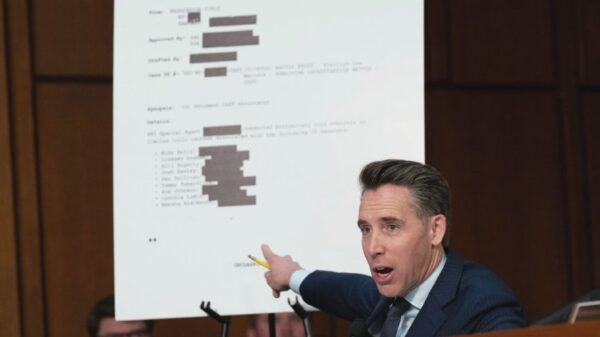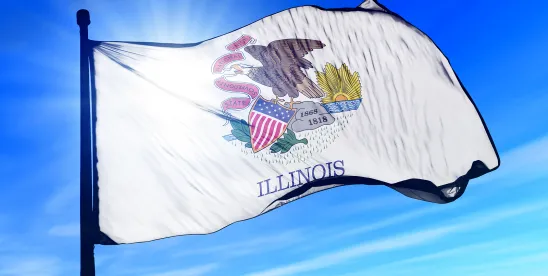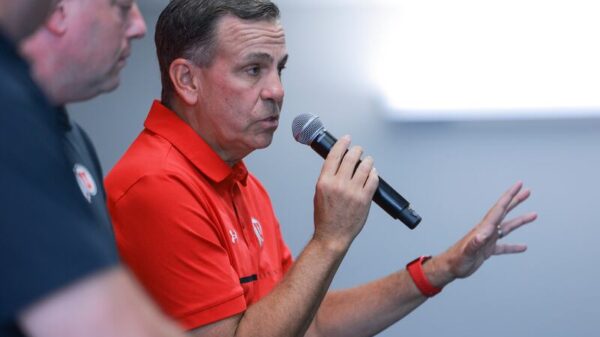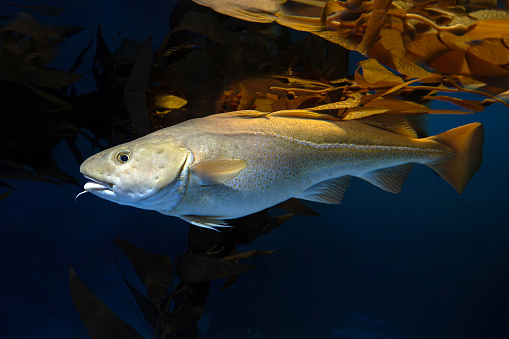In an urgent plea for environmental stewardship, Dr. Rob Moir, president and executive director of the Ocean River Institute, highlights the historical decline of cod stocks and the need for immediate action to ensure their survival. The situation, he argues, has reached a critical point where land-based activities are significantly harming fish populations in the ocean.
The plight of cod dates back to the early 17th century when settlers in Plymouth, Massachusetts, began noticing a decrease in fish populations, particularly cod and striped bass. By 1638, they recognized that their actions—such as damming streams and converting wetlands—were jeopardizing the very species they relied on for sustenance. Rather than attributing this decline to divine forces, the Pilgrims understood that their land management practices were the root cause.
Fast forward to the present, and the challenges remain. The passage of the Magnuson-Stevens Fisheries Conservation and Management Act in 1976 aimed to address these issues by establishing regional fishery councils to manage fish stocks, including two important cod stocks in New England: those in the Gulf of Maine and on Georges Bank. Despite some successes in rebuilding fish populations—such as haddock and monkfish—cod stocks continue to struggle.
Moir points out that the focus of fisheries management has shifted from maximizing profits to sustaining fish populations. This change was underscored when the Ocean River Institute collaborated with commercial fishermen to successfully advocate for an ecosystem-based approach to setting catch limits for herring and shad. These forage fish play a crucial role in the food chain, and their overfishing has led to a decline in the health of larger species, including striped bass, which have become emaciated from lack of food.
The ongoing struggle to revive cod populations is compounded by the overwhelming fishing pressure from foreign fleets. Industrialized fishing vessels from Russia and Japan operate far offshore, outpacing the efforts of American fishermen. Moir emphasizes that without substantial government investment, the fishing efforts within the United States’ exclusive economic zone—extending up to 200 miles offshore—will continue to lag behind these foreign competitors.
As he reflects on the historical connection between land management and fish populations, Moir urges a return to the Pilgrims’ mindset. He advocates for a reevaluation of land-use practices that impact marine life, calling for collective action to improve ocean conditions.
The future of cod—and indeed, the health of our oceans—depends on a concerted effort to harmonize land and sea management. As communities grapple with the realities of climate change and overfishing, it is clear that we must prioritize sustainable practices to protect our natural resources for generations to come. For more information on the Ocean River Institute’s initiatives, visit their website at www.oceanriver.org.




































































